Before actually making a mess of life and doing it irreparable harm through meaningless endeavors, why cannot we take time out of our so-called busy schedules to draw a line between what is achievable and unachievable. Well, overconfident people who have not yet tasted the flavor of failure would argue that terms like “failure” do not find any mention in their dictionary. I cannot put my faith in their supernatural abilities unless they prove me wrong by affirming that everything is achievable for everyone. Well, it is good to hide our weaknesses from others; even then, we need to be true to ourselves at least! If we do not do it right now, chances are that our weaknesses would come to the surface at the most inopportune time.
Rather than lamenting over spoilt chances and hasty decisions on goal setting, we should try to be prudent enough to understand the concept of realistic approach. Anyone who does not accept the situations and devise methods to come out of them is actually fooling himself or herself. Aside from accepting a situation, a realistic approach also necessitates realization of our strengths and weaknesses. Once we are sure about them, we can better come to terms with situations that might ail us in future.
Well, it never means that we stop relying on our strengths. Our strengths help us assess a situation beforehand and create a mental picture of challenges that we are supposed to face. When we have a clear idea of our strengths, we will never engage our focus, efforts and energies in anything that does not fall under the scope of achievability. A balanced view of our strengths and weaknesses helps us set goals that are not just exaggerated figments of imagination.
In order to set realistic goals, what you simply need to do is follow this 5-step mantra, which is sure to produce great results for you. First, what you should always bear in mind is a systematic approach to reach your destination. Before you move any further and start building castles in the air, write your goals down. When you do that, you can always refer to them in your tough times when your passion seems to dwindle or you want to look back what you have achieved thus far. Writing down your goals makes them feel real and assessable to us. After all, instead of just thinking about a goal, it is always better to pen them down so that you can remind yourself of your resolve even when your mind tends to think otherwise.
The second step would be to set short-term milestones. Short-term milestones help you stay focused and that too, without losing hold of things that you can achieve. Instead, if you set long-term milestones for you, you won’t be able to track your progress since you don’t actually know where to pause and mull over events and decisions you made in the process. Regular, short-term milestones make your long-term goal more manageable. For example, when you are writing a novel, it’s better to commit to a certain number of chapters or pages for a week or a month rather than saying that you will have your novel ready by the end of the this year. Short-term milestones further help you stay realistic in your approach.
Specificity makes a goal assessable and realizable. If you want to stay motivated to achieve your goal, what you simply need to do is being as specific as is possible for you. Vague, undefined goals would only create chaos and discourage you from asserting when it matters. Next, achievement of realistic goals have measurability as their central characteristic. You don’t necessary need to set aggressive goals for you; instead, what you require is a systematic approach and an incessant urge to realize and excel. Again, we just cannot rely on systems since they are seldom measurable. Inculcating positive attitude and mannerism in your kid is something vague; nonetheless, developing table manners in your kid in a week provides a certain element of specificity to your endeavors.
You cannot try too many things or aim for several goals at one time. To be realistic in your approach, try to start with only one goal. Once you have achieved particular goal, you can always set yourself a fresh one. When you move further systematically, you actually know your strengths and weaknesses and accordingly, you will utilize that acquired wisdom to succeed in your next goal.
The perfect recipe for goal realization is to hit the equilibrium by balancing specificity, comprehensibility, realism and enthusiasm. Ask yourself if your goal is specific. Furthermore, try to develop a thorough understanding of the work or tasks involved in your goal. You should always keep asking yourself whether your goal is realistic or you are just playing with your ideas of achievability. Finally yet importantly, your goal will eventually become realistic when you can feel enthusiastic about your goal and the entire program.















